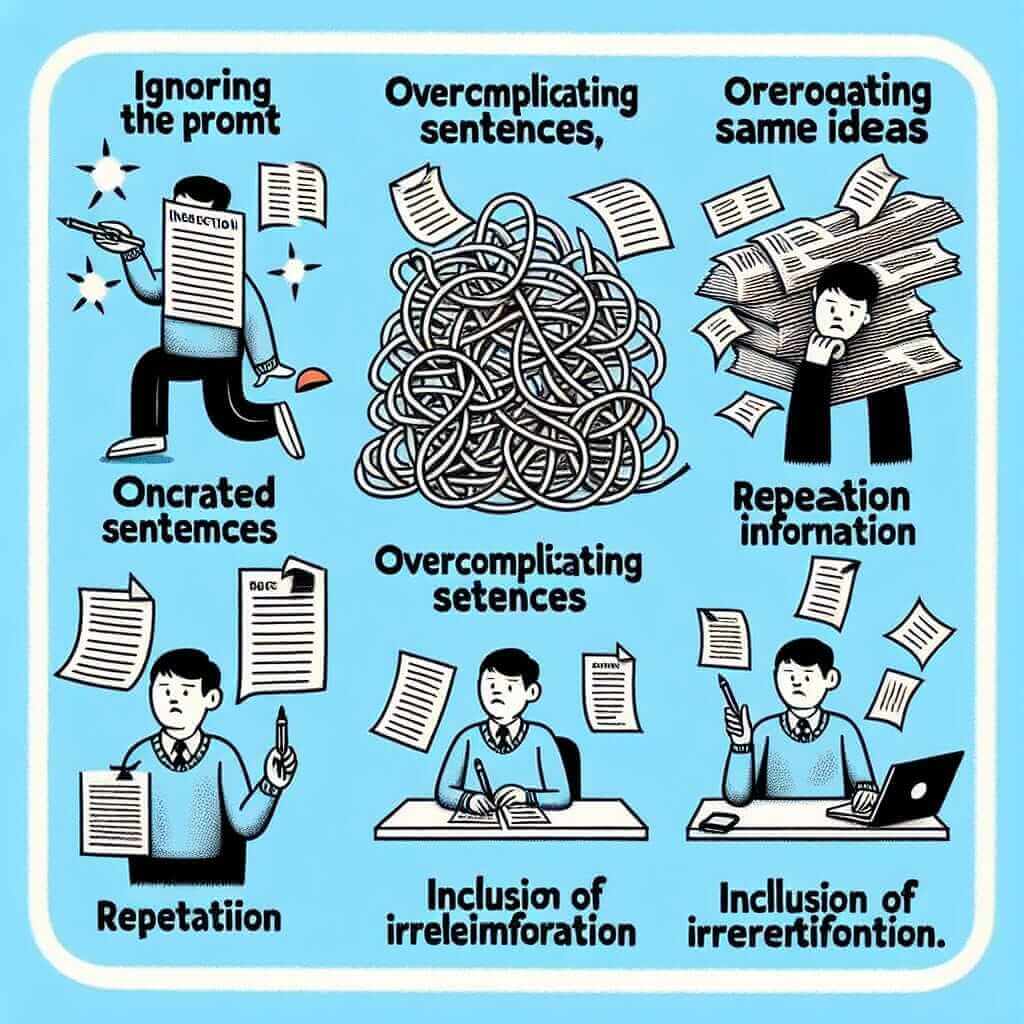IELTS Writing Task 2 is an integral part of the IELTS exam, and mastering it is essential for achieving a high band score. In this article, we will delve into various techniques recommended for IELTS Writing Task 2, providing detailed explanations, real exam examples, and practical exercises to fine-tune your skills. Whether you’re an intermediate learner or aiming for a higher band score, this guide will aid you in understanding and applying effective writing strategies.
Understanding IELTS Writing Task 2
IELTS Writing Task 2 asks candidates to write an essay in response to a point of view, argument, or problem. The essay should be at least 250 words and is scored based on four criteria: Task Achievement, Coherence and Cohesion, Lexical Resource, and Grammatical Range and Accuracy.
1. Task Achievement: Answering the Prompt Fully
Task Achievement evaluates whether you have addressed all parts of the task. This means you should:
- Clearly state your opinion if asked.
- Cover all aspects of the question.
- Support your points with relevant examples.
Example:
Prompt: Some people believe that the Internet has made life easier and more convenient. To what extent do you agree or disagree?
Sample Response:
“I completely agree that the Internet has significantly streamlined various aspects of daily life. The convenience of online shopping and the accessibility to information represent major advancements.”
2. Coherence and Cohesion: Structuring Your Essay
Coherence refers to the clarity and logical flow of ideas, while cohesion relates to the use of linking words and phrases to connect ideas.
Structuring Tips:
- Introduction: Introduce the topic and state your opinion.
- Body Paragraphs: Develop your arguments with supporting details and examples.
- Conclusion: Summarize your points and restate your opinion.
Example of Linking Words:
- Introduction to Body Paragraphs: “Firstly, Secondly, Furthermore, Moreover”
- Contrasting Ideas: “On the other hand, However, Despite”
3. Lexical Resource: Vocabulary Usage
A varied vocabulary can enhance your essay. Use synonyms and avoid repetition. However, ensure that the words you use fit the context and have accurate meanings.
Example:
Instead of saying “good” repeatedly, you can use “beneficial,” “advantageous,” or “constructive.”
4. Grammatical Range and Accuracy: Grammar and Sentence Structures
This criterion focuses on the accuracy and complexity of your sentences. Use a mix of simple, compound, and complex sentences to demonstrate your range.
Example:
Simple: “The Internet is useful.”
Compound: “The Internet is useful, but it also poses risks.”
Complex: “Although the Internet is useful, it poses several risks that need to be addressed.”

Common Mistakes to Avoid
- Ignoring the Prompt: Make sure every part of your essay addresses the prompt.
- Overcomplicating Sentences: Complex sentences are good but ensure they are grammatically correct.
- Repetition: Avoid using the same words or phrases repeatedly.
- Irrelevant Information: Stick to points that directly answer the question.
Tips for Practicing IELTS Writing Task 2
- Plan Your Essay: Spend the first 5 minutes planning your essay. Outline your main points and examples.
- Practice Writing: Regularly write essays on various topics within a timed environment.
- Get Feedback: Have someone review your essays to provide constructive feedback.
- Read Sample Essays: Analyze high-scoring essays to understand what works and why.
- Expand Your Vocabulary: Read widely and note down useful expressions and phrases.
Conclusion
Mastering IELTS Writing Task 2 requires a combination of understanding the task, organizing your essay effectively, using a range of vocabulary and sentence structures, and practicing regularly. By implementing these techniques, you can enhance your writing skills and increase your chances of achieving a high band score. Encourage yourself to practice continuously and seek feedback to refine your approach further.
Feel free to leave comments, share this guide with fellow IELTS learners, or explore more articles on our website to bolster your preparation. Happy studying!